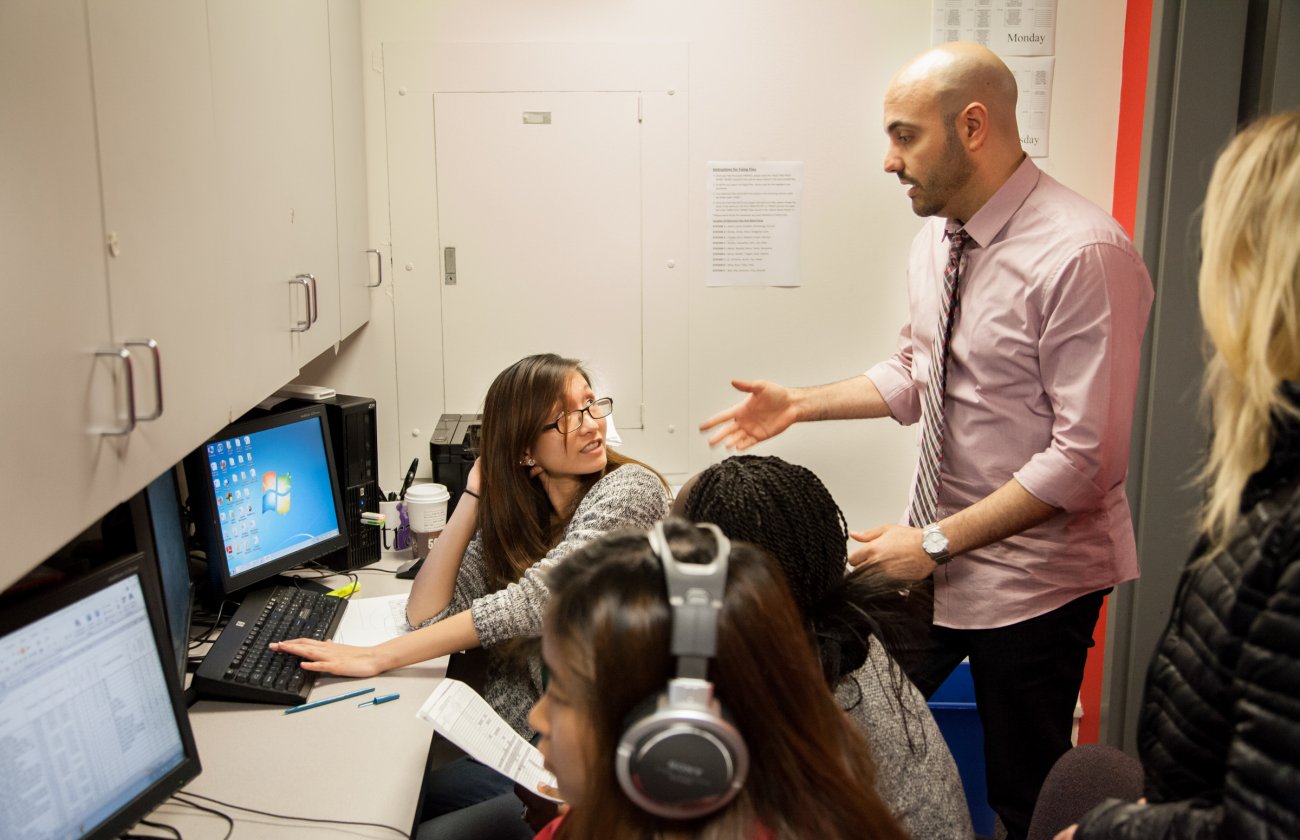By Amelia Brodka
Student Writer
Dr. Susan Herbst said Americans have difficulty arguing in a civil, productive fashion as she delivered the 7th annual Walt Fisher Lecture on March 10 at USC Annenberg.
“Hence, our current political discourse, which is mostly hysterical, annoying and feels dangerous at times,” said USC Annenberg alumna Herbst, the vice chancellor for the University System of Georgia who will be the University of Connecticut’s first female president.
The Walt Fisher Lecture is held in honor of emeritus professor and former School of Communication director Walt Fisher and features USC Annenberg's doctoral alumni who discuss their illustrious careers. Herbst keynoted the event with her lecture, “Civility, Incivility and Public Opinion in American Politics,” based on her book Rude Democracy: Civility and Incivility in American Politics.
She analyzed the role of civility in the way in which Americans approach political discourse by outlining a strong presence of incivility in American history, discussing the need for a productive balance of civility and incivility, and suggesting measures that need to be taken in order to achieve this balance today.
“Our founding fathers were hardly models of civility,” she said. “Alexander Hamilton berated John Adams in nearly every possible way.”
She said it stayed the same into the 19th century, a time when Americans “argued in ways that demeaned themselves and each other,” crushing minority opinion through speech and intimidation.
During the 20th century, as Americans became overwhelmed with media exposure, this dramatic action shifted to a complete inaction because of the narcotizing dysfunction of the media that remains prevalent today. As Americans tuned in to consistent political chatter, they “replaced the idea of doing with knowing.” She described it as thinking “you're acting because you know a lot about politics.”
As a solution to this consistent political instability in American politics, Herbst suggested 
“We need to think about incivility and its place in our political lives if we’re going to be citizens, participants and leaders,” she said.
In a survey of college students throughout Georgia that measured students' comfort level in discussing politics in the classroom, Herbst was surprised to find “the students don't feel good about political argument. In fact, they'd like to avoid it at all costs because they think it can lead to incivility, disruption, to unhappiness.”
If we have the right to free speech, why do we find it so problematic?
“When did we get so concerned with everybody's feelings in politics?” she asked. “When did we become so fragile in regards to free discourse? Are we a culture of delicate flowers with low self-esteem or are we a free rough-and-tumble democracy, more of what our founders had in mind?
She encouraged the audience to think about incivility as a strategic weapon. In doing so, “it becomes less hurtful to us. If rudeness or trash talk is seen as just one weapon in a whole repertoire of political weapons, isn't it less disturbing?”
Herbst provided ways in which American culture can grow more accustomed to incivility, which she said would lead toward political productivity. Herbst emphasized the necessity of teaching productive argumentation and advocacy in a K-12 curriculum. This would help promote the development of a culture of exchange and listening.
“It's a cultural matter,” Herbst said. “If we want to become a nation based on stability and substantive argument, we have to enforce a higher level of sophistication in political argument, toughen up at the same time and learn to live with some instability and negativity but not be blinded by it." This, she said, “would be more consistent with what the founders had in mind when they established the nation.”
She said these changes are essential in creating a real democracy.



